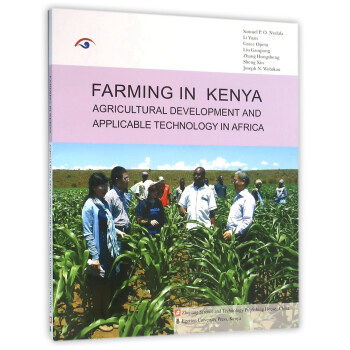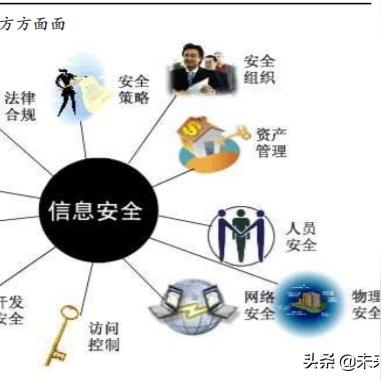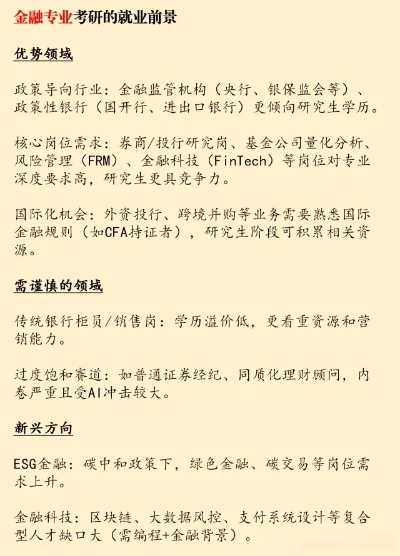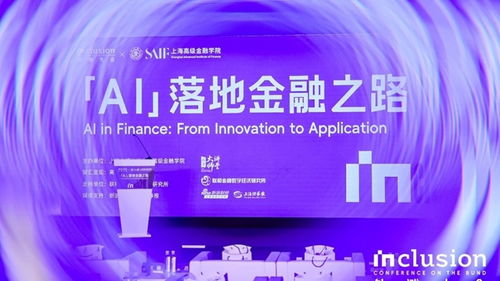Agriculture has been the backbone of human civilization since its inception. It has evolved over centuries, adapting to the changing needs of the population and the environment. With the advent of technology, the agricultural sector has undergone a significant transformation, leading to increased efficiency, productivity, and sustainability. In this article, we will explore the concept of agricultural technology, its various components, and its impact on modern farming practices.
Agricultural technology, often referred to as "ag tech" in English, encompasses a wide range of tools, techniques, and systems designed to improve agricultural productivity, reduce costs, and enhance the overall sustainability of the sector. This includes the use of advanced machinery, precision agriculture, biotechnology, and information technology, among others.
Advanced Machinery and Equipment
One of the most visible aspects of agricultural technology is the use of advanced machinery and equipment. These machines have revolutionized the way farming is done, making it more efficient and less labor-intensive. From tractors and harvesters to drones and autonomous vehicles, modern farming equipment has significantly increased the speed and accuracy of various agricultural tasks.
Precision Agriculture
Precision agriculture is a system that uses technology to optimize the use of resources, such as water, fertilizers, and pesticides. It involves the use of GPS, remote sensing, and data analysis to make informed decisions about crop management. By applying inputs precisely where they are needed, farmers can reduce waste, minimize environmental impact, and improve crop yields.
Biotechnology
Biotechnology has played a crucial role in the development of agricultural technology. Genetic engineering, for example, has allowed scientists to develop crops with improved traits, such as resistance to pests, diseases, and environmental stress. This has led to increased crop yields and reduced the need for chemical inputs, ultimately benefiting both the farmer and the environment.
Information Technology

Information technology has become increasingly important in agriculture, as it enables farmers to access and analyze vast amounts of data. This includes weather forecasts, soil analysis, and market trends, which can help farmers make informed decisions about their farming practices. Additionally, the use of sensors and IoT (Internet of Things) devices allows for real-time monitoring of crops, livestock, and equipment, leading to more efficient resource management and improved overall productivity.
Sustainable Practices
Agricultural technology has also played a significant role in promoting sustainable farming practices. This includes the development of alternative energy sources, such as solar and wind power, which can reduce the reliance on fossil fuels and minimize greenhouse gas emissions. Furthermore, advancements in water management, such as drip irrigation and rainwater harvesting, have helped farmers conserve water and reduce their environmental impact.
Impact on Modern Farming Practices
The integration of agricultural technology into modern farming practices has led to numerous benefits. These include increased crop yields, reduced costs, and improved resource efficiency. Additionally, it has allowed farmers to adapt to changing environmental conditions and market demands, ensuring the long-term viability of the agricultural sector.
In conclusion, agricultural technology has revolutionized the way farming is done, making it more efficient, sustainable, and resilient. By embracing these advancements, farmers can continue to meet the growing demands of the global population while minimizing their impact on the environment. As technology continues to evolve, it is essential for the agricultural sector to adapt and integrate these innovations to ensure a secure and sustainable future for food production.









